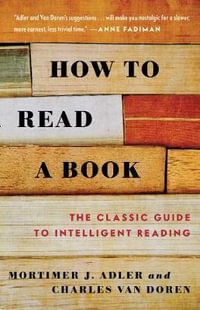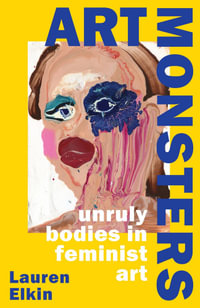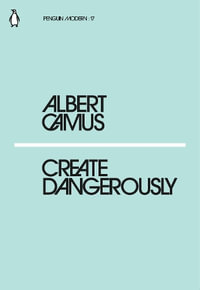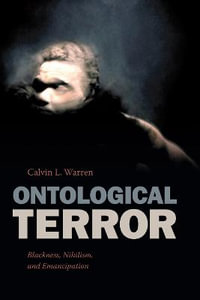Within contemporary theory, the concepts of translation and universality have frequently been associated with different and even opposed philosophical and political projects: watchwords of either domination or liberation, the erasure of difference or the defense of difference. The universalizing drives of capitalism, colonialism, and other systems of oppression have precipitated widespread suspicion of any appeal to universality. This has led some, in turn, to champion the very notion of universality as antithetical to these systems of oppression. Similarly, recent scholarship has begun to grapple with the fundamental role of translation not only in forging inclusive democratic politics but also, by contrast, in violence, including imperial expansion and global war.
The present volume advocates neither for nor against translation or universality as such. Instead, it attends to their insurmountable ambiguity and equivocity, the tensions and contradictions that are internal to both concepts and that exist between them. Indeed, the wager of this volume is that translation, universality, and their relationship name irreducible yet overlapping sites of struggle for a diverse array of struggles on the Left.
Drawing from multiple intellectual traditions and orientations, with a special emphasis on deconstruction and Marxism, this volume both reveals and participates in a subterranean current of thought committed to theorizing the dynamic, plural, and ultimately inextricable relationship between translation and universality. Its contributors approach this problem in ways that challenge and unsettle dominant trends within translation studies and critical and postcolonial theory, thereby opening new lines of inquiry within and beyond these fields.
Contributors: Ben Conisbee Baer, Barbara Cassin, Souleymane Bachir Diagne, Cate Reilly, Peter Thomas, Gavin Walker, Naomi Waltham-Smith, Gary Wilder
Industry Reviews
"Universality and Translation is a groundbreaking book that reshapes our understanding of universality, offering fresh insights and tools for bridging diverse fields and perspectives. Through thought-provoking essays, it introduces a revolutionary approach to the idea and practice of translation that redefines the very essence of universality. Scholars and students across disciplines, from history to literature, postcolonial studies to political theory, will find invaluable critical insights within this volume."---Massimiliano Tomba, University of California, Santa Cruz























